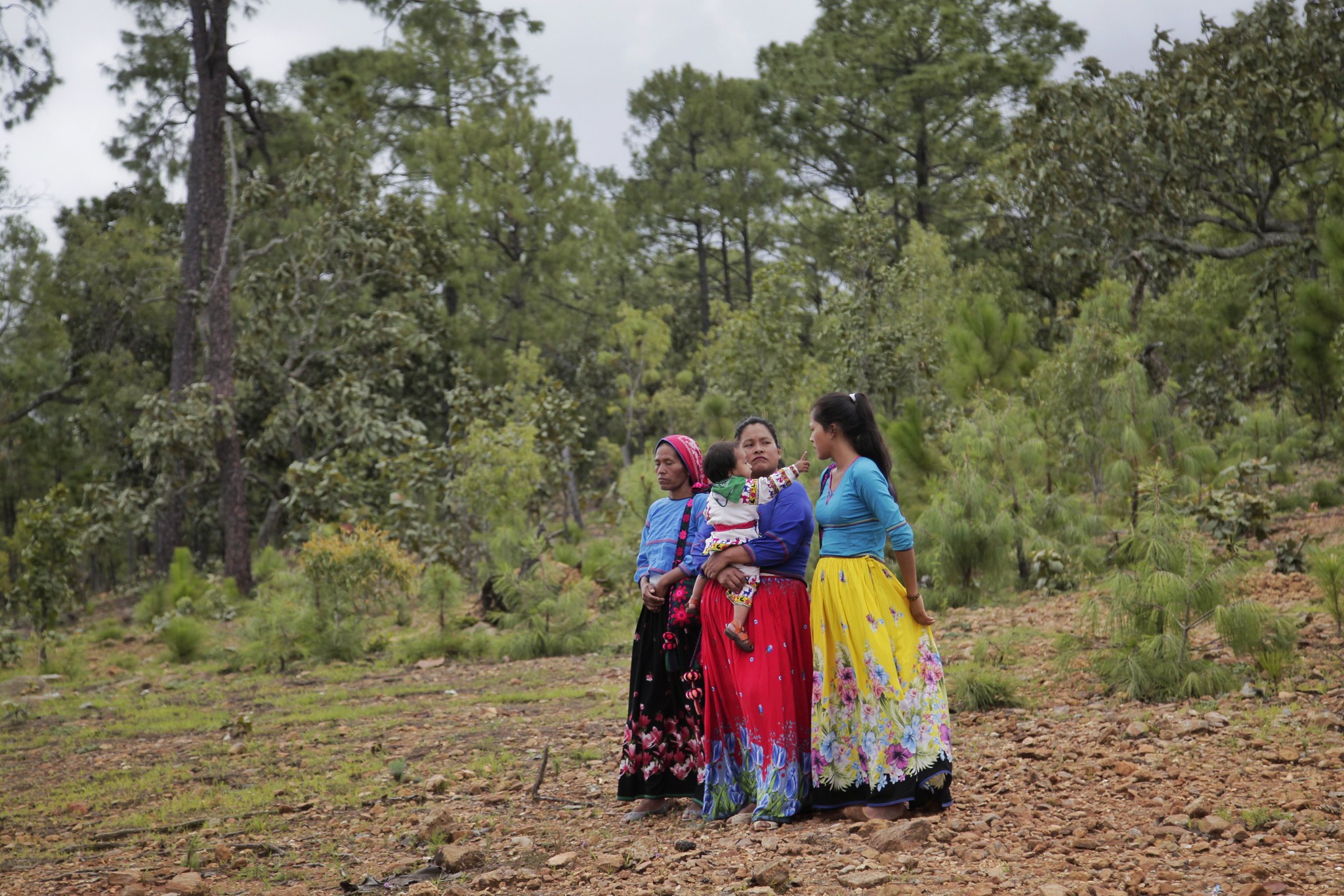Strengthening local capacities in sustainable rural productive projects has been a recurring goal in the proposals of the Secretariat of Environment and Territorial Development (SEMADET) of the Government of the State of Jalisco. The agency says these efforts have been strengthened thanks to the collaborative work with the Secretariat of Agriculture and Rural Development of the State of Jalisco (SADER), Intermunicipal Environmental Board of the Northern Region (JINOR), and with agencies such as the National Forestry Commission (CONAFOR), which have been involved in the promotion and implementation of actions consistent with the forms of local organization of indigenous Wixárikas communities of Jalisco.
Examples of these actions include the Wixárikas Women’s Forum held in 2020, which provided training on climate change, and the business model and entrepreneurial approach workshop with women from the Tepehuana community of Tepizoac.
With the same collaborative spirit, SEMADET and the Intermunicipal Environmental Board of the South Coast (JICOSUR) implemented the Field Schools, a model of family and community participation that promotes production and sustainable development through improvements in productive and economic conditions, with which important enterprises have been generated. These include the school located in the indigenous community of Jocotlan, in the municipality of Tomatlán, consisting of twelve men and eight women, where training has been provided on silvopastoral systems, forage conservation, participatory management of beneficial and toxic plants in grazing areas, and milk processing (yogurt and cheese) and meat sales.
These actions emphasize the importance of the conservation of biodiversity in livestock landscapes, which would not be possible without the contribution of the knowledge of indigenous peoples.
For more information visit: https://semadet.jalisco.gob.mx/prensa/noticia/1336

